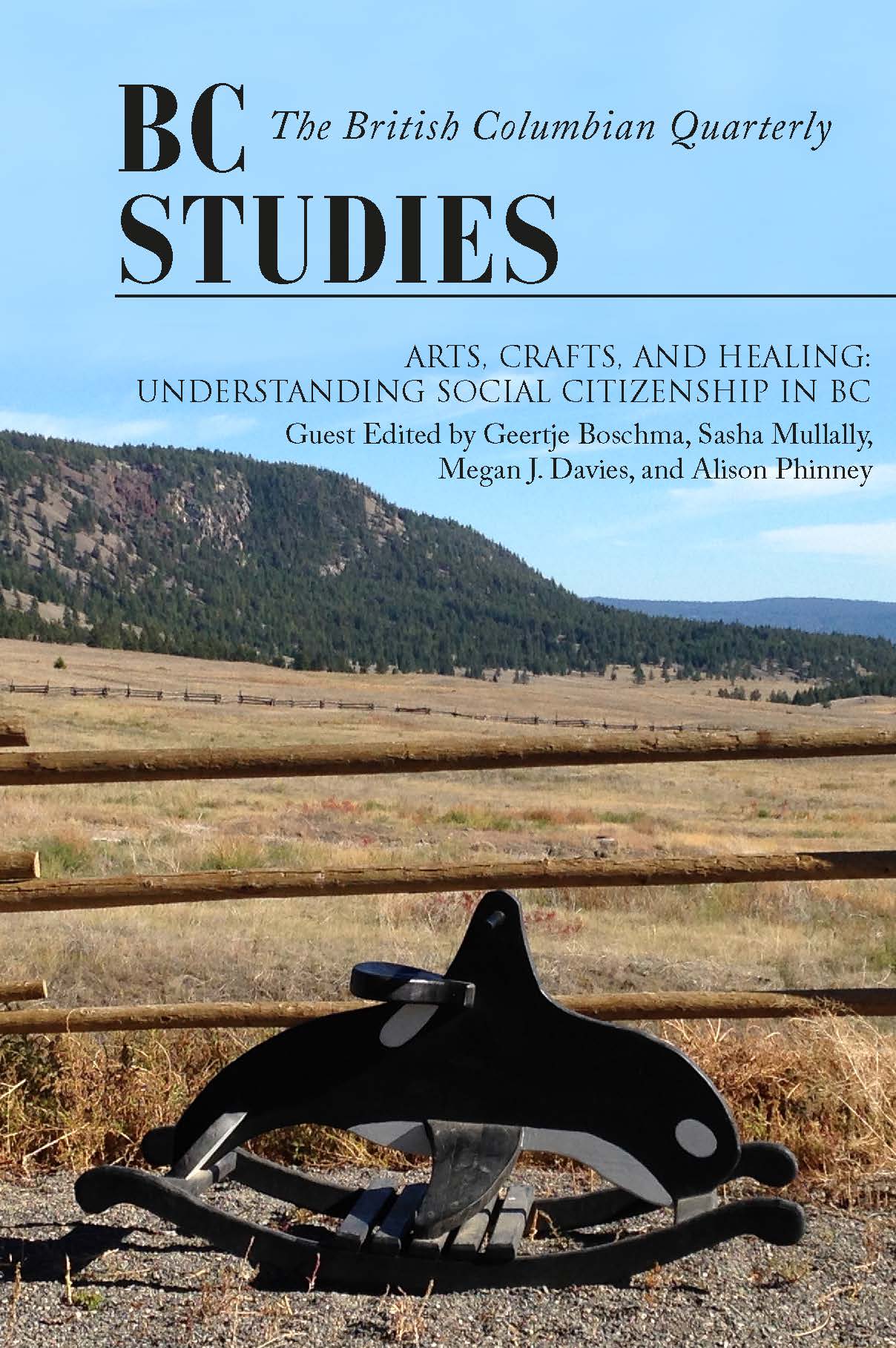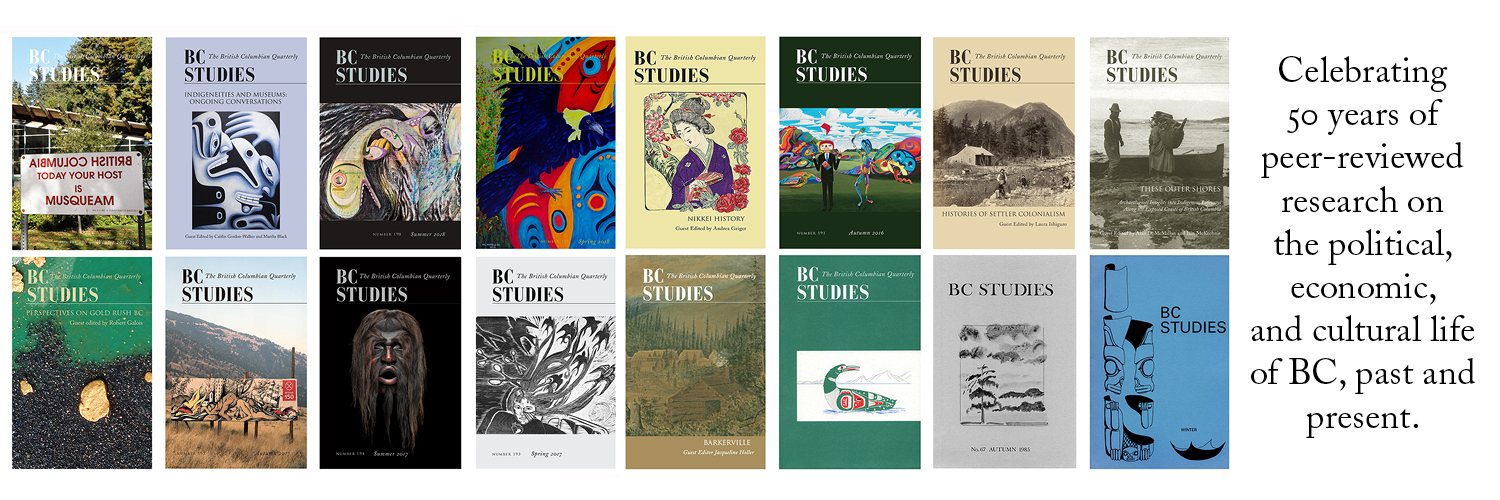More Than Art, Less Than Work: The Paradoxes of Citizenship and Art Making in Community Mental Health
DOI:
https://doi.org/10.14288/bcs.v0i202.190424Keywords:
art, citizenship, mental health, rehabilitationAbstract
Abstract
Established in 1992 as an extension of a community mental health team in British Columbia, the Art Studios is an arts-based, psychosocial recovery program in Vancouver for people living with mental illness. Participants in our mixed-method program evaluation describe how the program fostered a sense of belonging that enabled them to overcome isolation, achieve meaningful recovery goals, and engage in other life activities, of which the desire to “give back” to the Art Studios was significant. In this article we revisit the ethnographic data to analyze the program’s role in successfully promoting social citizenship, a core value of the recovery paradigm that is evident at the Art Studios. A clear example of social citizenship may be seen in how some members bravely resisted threats to close the program and,[1]subsequently, attempted to keep the community and the program together in some way. In resisting closure, members sustain the sense of belonging (“community”), self-determination, and contribution that are among the essential markers of social citizenship (and psychosocial recovery). Paradoxically, the program’s art-based occupational therapy approach may render these markers of citizenship less visible because making art is generally viewed as a pleasant diversion rather than as a profitable income-generating employment path. Yet, by demonstrating to themselves and others that they “give back” to their communities as social contributors, members simultaneously speak back – letting decision makers in community mental health know what the program (and social citizenship) means to recovery, and take action –demonstrating recovery through solidarity as social (and relational) citizens.
At the Art Studios, active “clients” are called “members.” Former members are called “alumni.”



